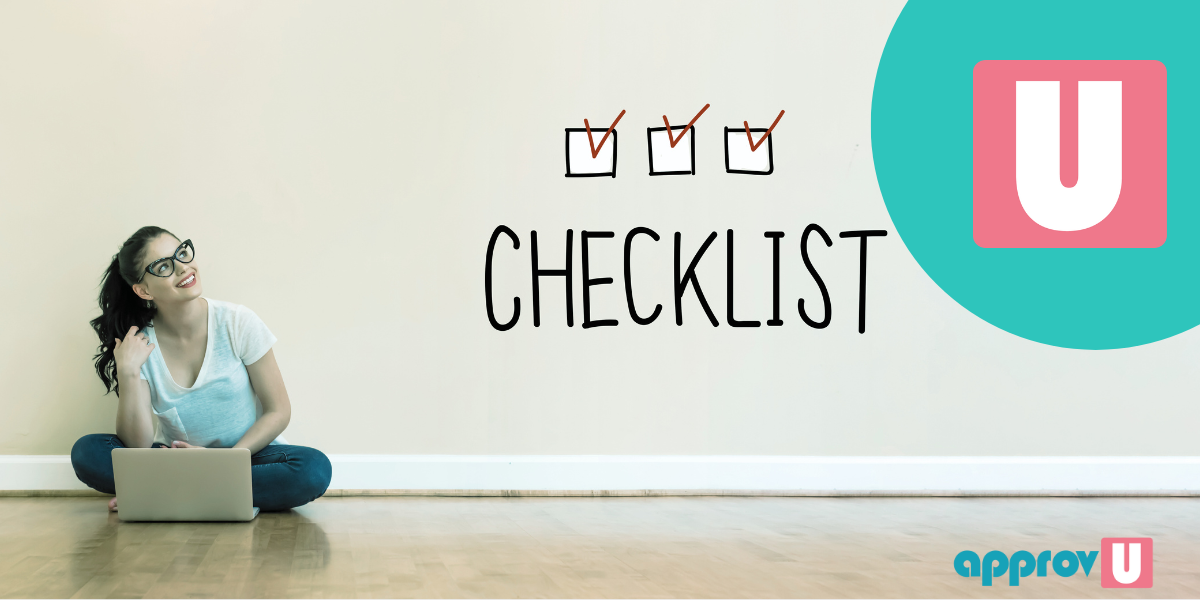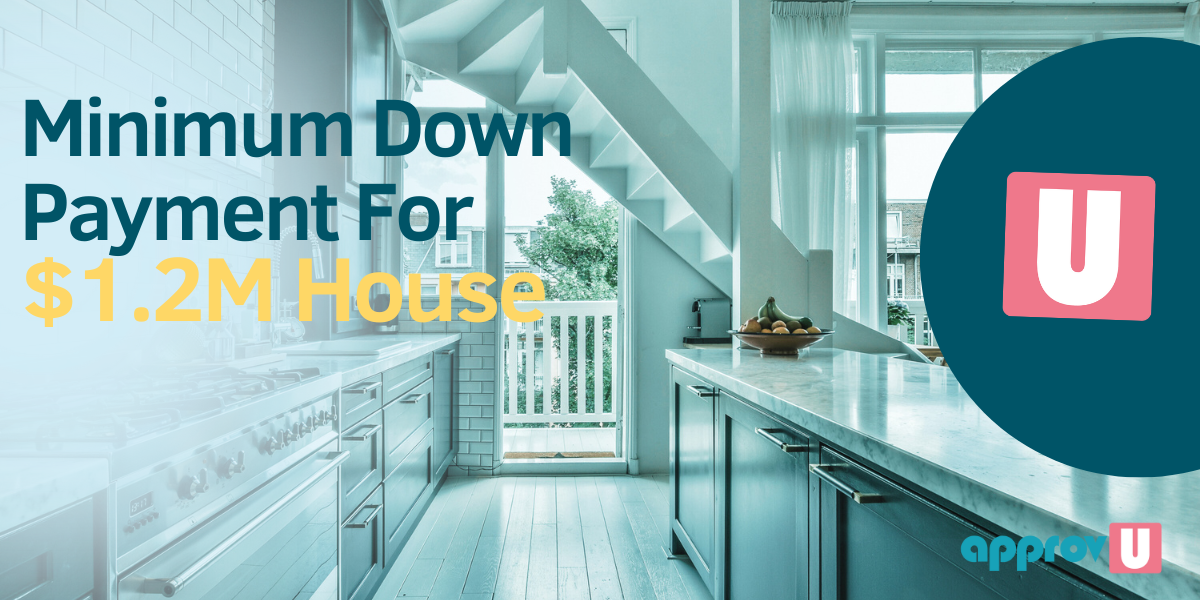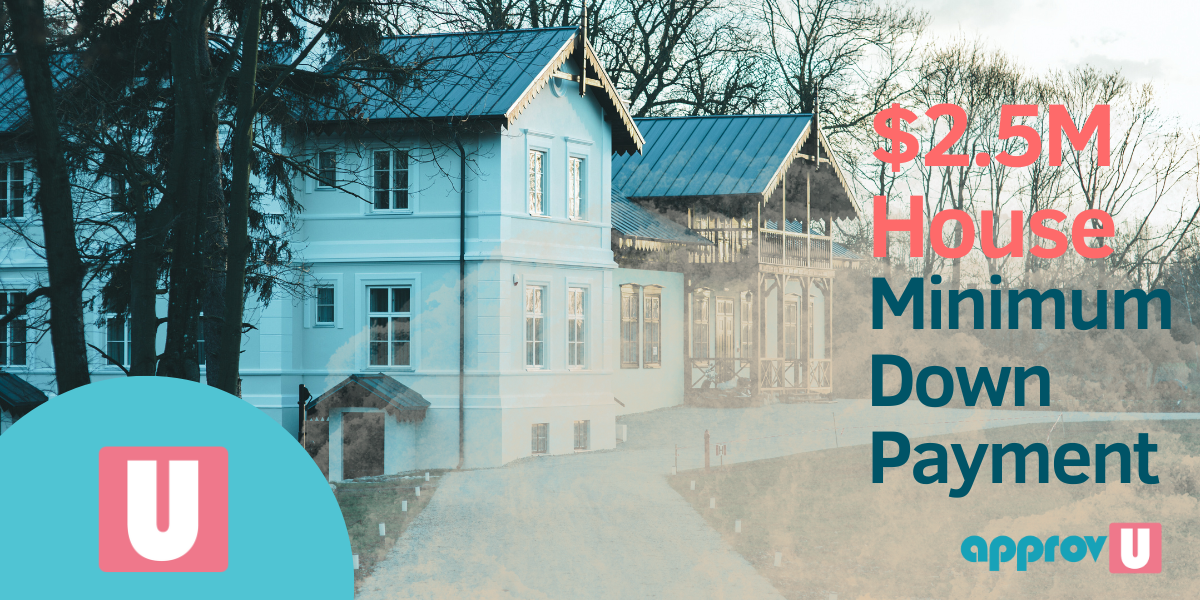If you’re planning to apply for a mortgage, it’s essential to be well-prepared with all the necessary documentation.
In this article, we’ll guide you through a comprehensive checklist of mortgage documents, ensuring you have everything you need to streamline the application process.
Before diving into the specific documents, let’s take a moment to understand why a checklist is crucial.
Applying for a mortgage can be a complex and time-consuming process, often requiring significant paperwork.
A well-organized checklist will help you stay on track, ensuring you don’t overlook any essential documents.
By following this checklist, you’ll be better prepared to provide the required information to your lender, improving your chances of a smooth and successful mortgage application.
So, let’s get started and make sure you have all the necessary documents at your fingertips.
Personal Identification Documents
Having the right personal identification documents is crucial when applying for a mortgage.
Lenders need to verify your identity and ensure you’re eligible for a home loan.
Here are the essential personal identification documents you will need:
- Valid Government-Issued Identification: Make sure to have your driver’s license, passport, or any other acceptable identification document that proves your identity.
- Social Insurance Number: Your social insurance number is critical information for mortgage lenders. Ensure you have it readily available.
- Proof of Residence: Provide documents that establish your current address, such as utility bills, a lease agreement, or a recent bank statement.
Financial and Income Documents
Your financial and income documents will give lenders a clear picture of your financial health and ability to repay the loan.
Gather the following essential documents:
- Proof of Income: You’ll need to provide recent pay stubs that show your year-to-date earnings. Additionally, gather W-2 forms from the past two years to verify your income history.
- Tax Returns: Lenders typically require your most recent federal tax returns, including all schedules and attachments. Ensure you have copies of your tax returns for the past two years.
- Bank Statements: Collect statements from your bank accounts for the last few months. This includes checking, savings, and other accounts that reflect your financial transactions.
- Proof of Assets: Prepare documentation that shows your assets, such as investment account statements, retirement account statements (e.g., RRSP, TFSA, etc.), and any other relevant asset information.
Having these financial and income documents organized and readily available will help expedite the mortgage application process.
It demonstrates your financial stability and assures lenders that you can handle the financial responsibilities of homeownership.
Employment and Business Documents
Employment and business documents help lenders evaluate your employment stability and income sources.
Here’s what you’ll need:
- Employment Verification Letter: Request an official letter from your employer confirming your position, employment status, and income details. This letter should be on company letterhead and include your job title, length of employment, and current salary or hourly rate.
- Self-Employment Income Documentation: If you’re self-employed or own a business, gather documents that verify your income. This may include profit and loss statements, business bank statements, and business tax returns for the past two years.
- Additional Income Documents: If you receive income from other sources, such as rental properties, investments, or alimony, gather supporting documentation. This may include rental agreements, investment statements, divorce decrees, child tax credit award letters or any other relevant income-related paperwork.
Property Information and Appraisal
Now, let’s focus on the property information and appraisal documents necessary for your mortgage application. These documents provide details about the property you intend to purchase and its value.
Here’s what you’ll need:
- Purchase Agreement or Sales Contract: Include a copy of the fully executed purchase agreement or sales contract between you and the seller. This document outlines the terms and conditions of the property purchase.
- Property Appraisal Report: The lender may require an appraisal report to assess the value of the property. A professional appraiser conducts this report to determine the home’s fair market value.
- Homeowner’s Insurance Information: You’ll need to provide details about the homeowner’s insurance policy you plan to secure for the property. This includes the insurance company’s name, policy number, and contact information.
Debts and Liabilities
When applying for a mortgage, providing documentation related to your existing debts and liabilities is important if requested.
Lenders rely on this information to evaluate your overall financial obligations and gauge your ability to handle additional debt.
Here are the documents you’ll need:
- Credit Card Statements: Gather recent statements for all your credit cards, showing the outstanding balances and minimum monthly payments.
- Loan Statements: Include statements for any outstanding loans you have, such as student loans, car loans, personal loans, or any other debts. These statements should reflect the current balances and payment terms.
- Other Outstanding Obligations: Gather relevant documentation confirming the amounts and payment terms if you have other financial obligations, such as alimony or child support payments.
Additional Documents
In addition to the abovementioned documents, some additional paperwork may be required for your mortgage application. These documents can vary depending on your specific circumstances.
Here are a few examples of what you might need:
- Gift Letters: If you’re receiving funds from a family member or friend to help with the down payment or closing costs, you may need a gift letter. This letter confirms that the funds are a gift and not a loan that needs to be repaid.
- Divorce or Separation Documents: If you’ve been through a divorce or separation, you might be required to provide relevant documents, such as the divorce decree, separation agreement, or child support documentation.
- Other Relevant Legal Documents: Depending on your situation, there may be other legal documents you need to provide. For instance, if you’ve filed for bankruptcy in the past, you might need to provide bankruptcy papers.
Tips for Organization and Preparation
To ensure a smooth and efficient mortgage application process, it’s essential to stay organized and prepared. Here are some helpful tips to keep in mind as you gather your mortgage documents:
- Create a Dedicated Folder: Designate a specific folder or binder to keep all your mortgage documents in one place. This will make locating them when needed easier and prevent misplacement.
- Use Digital Storage: Consider creating digital copies of your documents and storing them securely in a password-protected folder or cloud storage service. This way, you can access your documents from anywhere, anytime.
- Follow the Checklist: Refer to the comprehensive mortgage document checklist provided earlier in this article. Use it as a guide to ensure you have gathered all the necessary documents. Check off each item as you obtain it to track your progress.
- Start Early: Gather your documents as soon as possible before you officially begin the mortgage application process. This proactive approach will give you ample time to locate missing documents or request additional paperwork if needed.
- Communicate with Your Lender: Maintain open communication with your lender or mortgage advisor throughout the application process. They can guide specific document requirements and answer any questions you may have.
Conclusion
Remember, being well-prepared with all the necessary documents is crucial to ensure a timely and successful mortgage approval.
By following the checklist and gathering personal identification, financial, employment, property, and additional documents, you’re setting yourself up for a stress-free home loan journey.
Don’t hesitate to seek assistance if you’re feeling overwhelmed or unsure about any part of the process.
Our Mortgage Experts are always here to answer your questions, help guide you through the process, and answer any questions you may have.
















